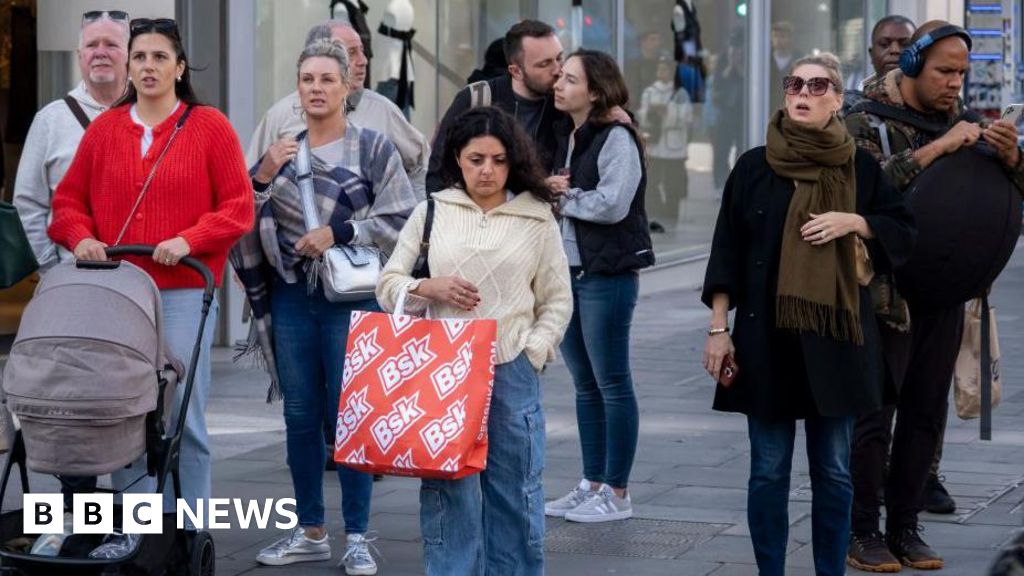The Budget has sparked a debate over whether an increase in employers’ NICs will feed through to smaller pay rises for workers, or whether firms can absorb the higher costs in other ways.
Pay before tax is levied, is still expected to rise over the course of the parliament, but only slowly – by 1.7% over four years, the Foundation said, in part due to the impact of the rise in employer NICs.
Household incomes, taking into account tax and benefit payments, will also rise only slowly – by an average of 0.5% a year – over the course of the parliament, said the Resolution Foundation, which aims to improve living standards for low-to-middle income families.
The think tank described it as “a stagnation of average living standards”.
However, it pointed out that the income growth is slightly faster than the 0.3% average annual growth between 2019 and 2024, a period which saw a number of economic blows, including Brexit, the pandemic, and energy price rises following Russia’s invasion of Ukraine.
The effect of an ageing population is also putting more stress on public finances especially through higher demand for health services.
In addition, the Resolution Foundation highlighted the decision to retain the two-child limit on claiming universal credit and tax credit, plus the failure to repeg Local Housing Allowance to rising rents, as having a particularly negative impact on those with low incomes.


